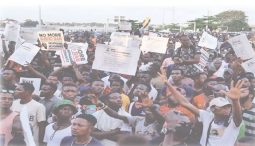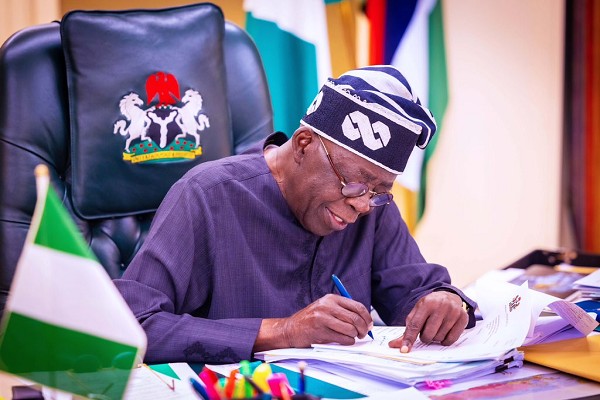Few hours before the planned 10-day hunger protest, the Federal Government took decisive steps to avert the demonstration.
Recently, the Take It Back movement called for a nationwide protest against hunger and bad governance, branding it “Days of Rage” to take place from August 1 to 10. However, concerns arose from top government officials, religious bodies including the Christian Association of Nigeria, the Muslim Student Society of Nigeria (Lagos chapter), and the Muslim Rights Concern, fearing the protest could be hijacked by infiltrators with malicious intent.

Former Niger Delta freedom fighter Mujahid Asari-Dokubo also cautioned against the protest in the Niger Delta, claiming it did not address the region’s issues and labeling the organizers as anarchists.
Inspector General of Police Kayode Egbetokun urged all participating groups to submit their details to local Commissioners of Police to ensure the protest remains peaceful. “We acknowledge the constitutional right of Nigerian citizens to peaceful assembly and protest. However, in the interest of public safety and order, we urge all groups planning to protest to provide the necessary details to the Commissioner of Police in the state where the protest is intended to take place,” Egbetokun stated.
The protest has garnered support on social media, endorsed by presidential candidates Atiku Abubakar of the Peoples Democratic Party and Peter Obi. However, the Federal Government deemed the demonstration unnecessary, emphasizing the need to allow President Tinubu time to govern.
In response to the protest, the government has implemented several measures:
- Affordable Rice Initiative: Centers have been established nationwide where Nigerians can purchase a 50kg bag of rice for N40,000, aiming to ease living conditions.
- Domestic Oil Sales: Tinubu directed the Nigerian National Petroleum Company Limited to sell crude to the Dangote refinery and other upcoming refineries in naira, which is expected to reduce the prices of domestically refined petroleum products and strengthen the naira.
- Governors’ Meeting: Tinubu met with All Progressives Congress governors at the Presidential Villa to discuss the protests.
- Suspension of Import Duties: To mitigate inflation, Tinubu suspended import duties on food and essential commodities.
- Engagement with Traditional Leaders: Emergency meetings were held with prominent traditional rulers and Islamic scholars at Aso Rock Villa to prevent the protest.
- Youth Internship Scheme: The Niger Delta Development Commission launched an internship scheme for 10,000 youths, offering N50,000 monthly stipends.
- Telecommunications Directive: The Nigerian Communications Commission ordered the immediate restoration of all blocked phone lines due to non-linkage of National Identification Numbers to SIM cards.
- New Minimum Wage Act: President Tinubu signed the new Minimum Wage Act into law, establishing N70,000 as the new minimum wage after agreements with labor unions.
These steps reflect the government’s commitment to addressing citizens’ concerns while maintaining public order.

